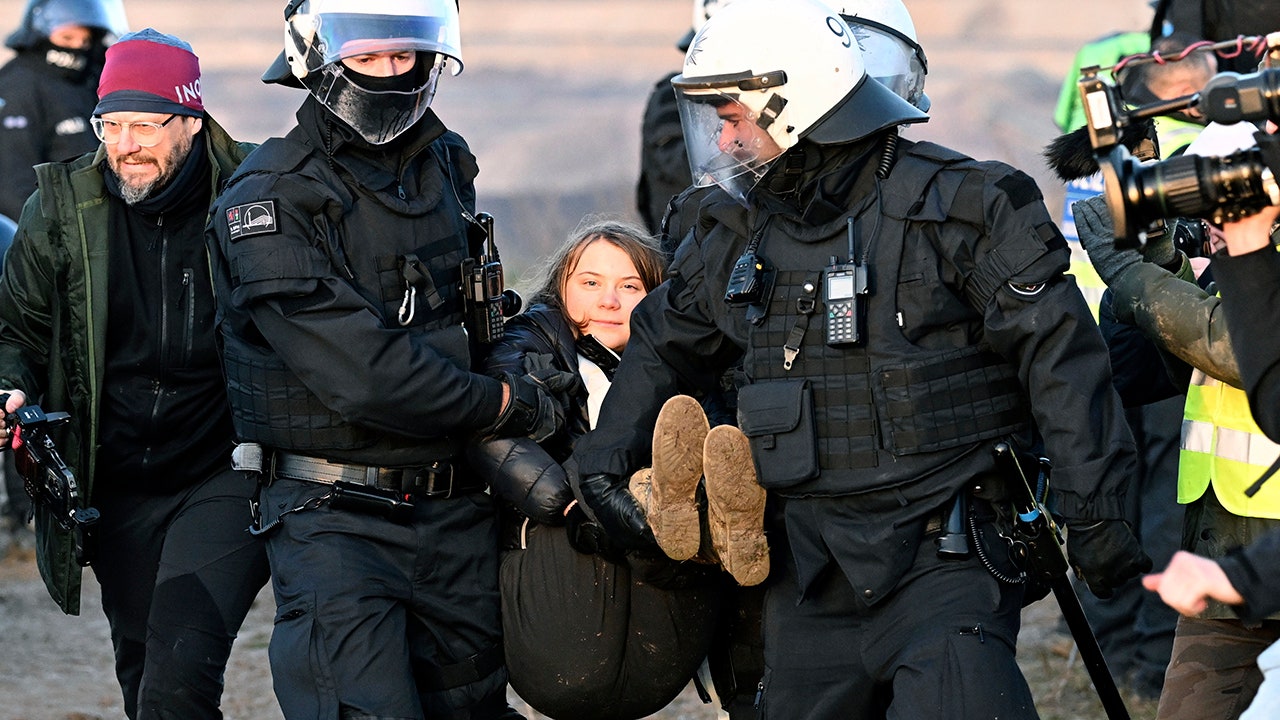What Happened
Greta Thunberg, a prominent Swedish climate activist, was recently involved in a humanitarian mission aimed at delivering aid to Gaza. On June 1, 2025, she boarded a boat named Madleen, which was part of a convoy organized by the Freedom Flotilla Organisation. The mission intended to provide essential supplies to the region amidst ongoing Israeli military actions and blockades that have severely restricted humanitarian access. However, the boat was intercepted by Israeli naval forces approximately 200 kilometers from the Gaza coast, leading to a significant international incident.
Following the interception, Thunberg and several other activists were reportedly subjected to mistreatment while in Israeli custody. A French doctor named André Baptiste, who was on the same humanitarian aid boat, claimed that the activists were psychologically tortured through mockery and deprivation of sleep. Baptiste stated that the Israeli authorities played loud music and denied the activists adequate food and water. Thunberg later characterized her experience as a kidnapping, asserting that the Israeli government had violated international laws by detaining them in international waters.
Key Details
- Date of Incident: The boat left Italy on June 1, 2025, and was intercepted shortly thereafter.
- Participants: The Madleen carried 12 passengers, including Thunberg. After the interception, five activists, including Thunberg, agreed to sign deportation documents and were returned to France, while eight others remained in Israeli custody.
- Claims of Mistreatment: André Baptiste alleged that the activists were subjected to psychological torture, including sleep deprivation and mockery.
- Israeli Government’s Response: The Israeli government, led by Prime Minister Benjamin Netanyahu, dismissed the mission as a publicity stunt and claimed that the boat violated Israel’s naval blockade.
- Thunberg’s Statements: Upon her return to France, Thunberg criticized the Israeli authorities for their actions, framing the mission as a peaceful protest against the blockade of Gaza.
Multiple Perspectives
The incident has sparked a range of reactions and interpretations. Supporters of Thunberg and the humanitarian mission argue that the actions of the Israeli authorities were unjust and indicative of broader issues regarding human rights and humanitarian access in conflict zones. They emphasize the need for international scrutiny of Israel’s policies in Gaza, particularly in light of the ongoing humanitarian crisis.
Conversely, the Israeli government maintains that the interception was a necessary enforcement of its naval blockade, which it argues is essential for national security. Officials have labeled the mission a “selfie yacht,” suggesting that it was more about garnering media attention than genuinely delivering aid. This perspective highlights the complexities of the Israeli-Palestinian conflict and the challenges of addressing humanitarian needs amid security concerns.
Context & Background
Greta Thunberg gained international prominence as a climate activist after initiating the “Fridays for Future” movement, which calls for urgent action on climate change. Her activism has often intersected with various social and political issues, including human rights and environmental justice. The recent incident in Gaza reflects her commitment to advocating for humanitarian causes beyond climate issues.
The blockade of Gaza has been a contentious topic for years, with critics arguing that it exacerbates the humanitarian crisis in the region. Israel enforces the blockade citing security threats from militant groups in Gaza, while many international organizations and human rights advocates argue that it constitutes collective punishment against the civilian population.
What We Don’t Know Yet
Several aspects of the incident remain unclear. While claims of mistreatment have been made, independent verification of these allegations is still pending. The Israeli government has not released detailed accounts of the events that transpired during the interception and subsequent detention of the activists. Additionally, the legal ramifications of the activists’ detention and the broader implications for international law regarding humanitarian missions in conflict zones are still evolving.
The situation continues to develop, and further investigations may provide additional insights into the actions of both the activists and the Israeli authorities. The international community’s response to this incident could also shape future humanitarian missions and the discourse surrounding the Israeli-Palestinian conflict.


